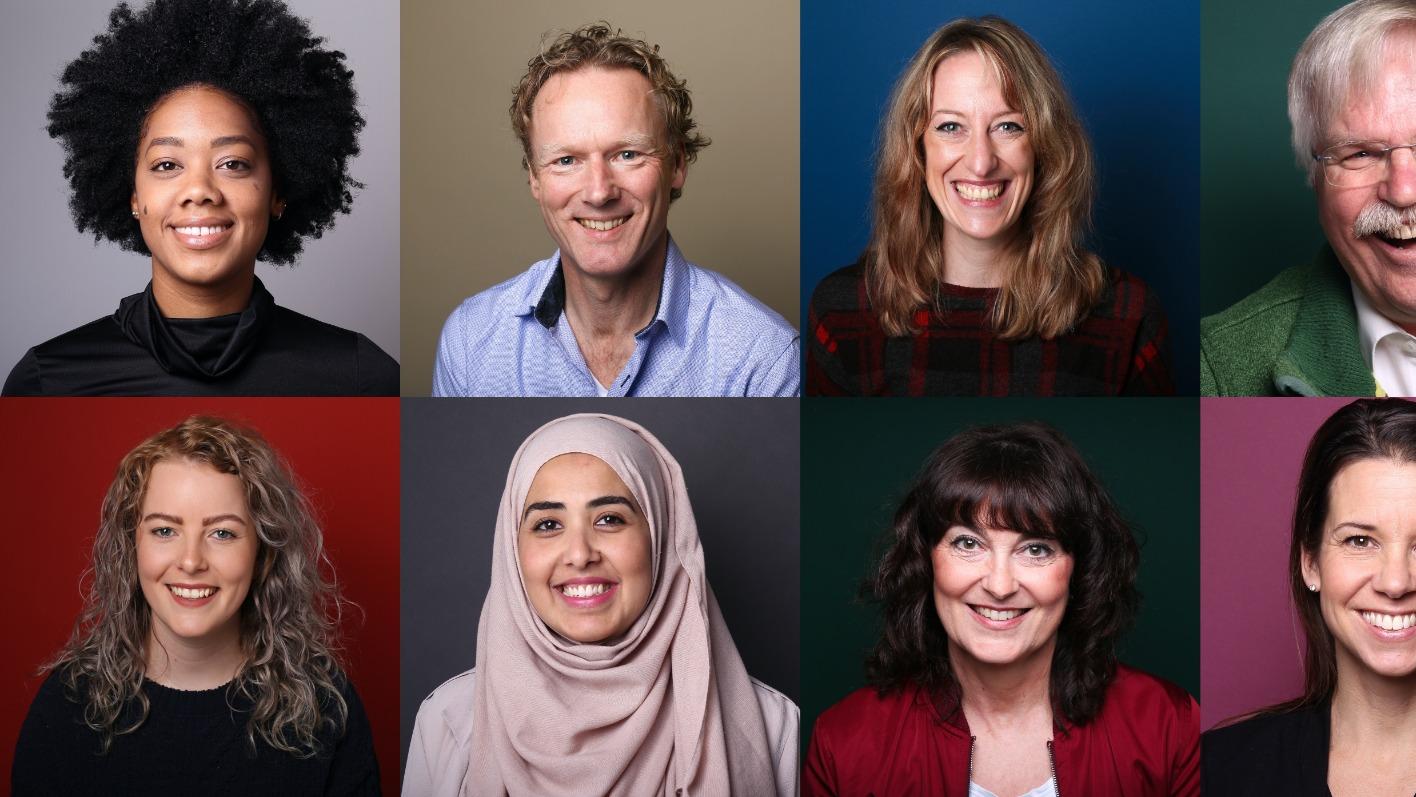In a family business context, this can be achieved in at least three ways: starting new businesses, transforming existing ones, or becoming active investors in the next generation of startups. Each will be discussed at the INSEAD summit.
Starting new businesses
In many cases, the next generation of family members may be reluctant to take over the reins of the business. What was new and exciting decades ago is likely to feel staid or archaic to millennials and Gen Zs. For instance, they may find the prospect of inheriting a plantation or factory unappealing, preferring instead to pursue digital ventures or ESG-related start-ups.
Family businesses can play a pivotal role in fostering this entrepreneurial spirit by providing resources, mentorship and financial support to their younger members. Succession, then, becomes less about inheriting a specific business and more about inheriting an entrepreneurial mindset.
Anthony Tan, co-founder of Grab, Southeast Asia’s leading superapp, is a textbook example of an entrepreneur hitting the big league by leveraging family resources.
Tan’s grandfather was the founder of Tan Chong Motor Holdings Berhad, a prominent automobile distributor in Malaysia. But instead of joining the family business, Tan co-founded a ride-hailing app while studying at Harvard Business School.
Tan’s family was initially sceptical about his venture. However, his mother, Khor Swee Wah, played a pivotal role in its early success. Not only did the well-connected businesswoman invest millions in her son’s start-up, she also introduced Tan to influential business and political figures in Malaysia, helping him gain credibility and secure crucial partnerships for both funding and regulatory approval.
With his mother’s support, coupled with his own tenacity and nose for innovation, Tan steered Grab through initial roadblocks, including fierce competition and regulatory hurdles. Soon the company began expanding rapidly, venturing into new markets across Southeast Asia and diversifying its services beyond ride-hailing to include food delivery, financial and other services used by millions every day.
Learn more about leveraging family enterprises to start new ventures at the Summit:
- Academic session: Corporate Venturing – Rewiring the Entrepreneurial Spirit in A Family Business with Claudia Zeisberger, Senior Affiliate Professor of Entrepreneurship and Family Enterprise at INSEAD and founder of Global Private Equity Initiative (GPEI)
- Workshop: Family Businesses Innovating by Rediscovering the Founder Spirit facilitated by Joachim Vandaele, founding partner of Wright Partners; lecturer and Entrepreneur-in-Residence at INSEAD; and board member of Trusted Family.
Transforming existing businesses
Renewing the spirit of entrepreneurship is not just about starting new businesses. It is also about reimagining and transforming existing family enterprises in the face of external challenges.
Take Lego, Europe’s largest toymaker. Facing declining sales in the early 2000s, Kjeld Kirk Kristiansen, the grandson of the founder, spearheaded a significant venture into digital entertainment like video games as well as educational products. Now led by Kjeld’s son Thomas, the company has continued to reinvent itself by franchising hugely popular Hollywood movies and taking ambitious steps towards environmental sustainability.
Learn more about transforming family enterprises at the Summit:
- Academic session: Deep Dive on External Challenges – Digital Disruption with Nathan Furr, Professor of Strategy at INSEAD
- Academic session: Deep Dive on External Challenges – Sustainability with Ludo Van der Heyden, Emeritus Professor of Technology and Operations Management, and INSEAD Chaired Professor of Corporate Governance
- Fireside chat with Dominique Moorkens, honorary chairman, Alcopa
Championing startups
Rather than founding and running new businesses, family enterprises may prefer to invest in promising ventures through family office vehicles. Call it regeneration by proxy.
The Mulliez family of France is well-known for this. Through their family office, Association Familiale Mulliez (AFM) and venture capital vehicle Creadev, the family invests in businesses that align with their existing interests in food, sustainable consumption and healthcare. Creadev typically invests in innovative start-ups from early to growth stage. The ventures stay relatively independent while benefiting from the Mulliez family’s expertise and resources.
The family now owns or is linked to some 130 brands that touch the everyday lives of consumers in France and many countries around the world, from supermarket chain Auchan and sports retailer Decathlon to home improvement store Leroy Merlin.
Learn how family enterprises should invest in new ventures at the Summit:
- Fireside chat: Lessons on Leading Innovation in Family Businesses, with Séverine Mulliez, supervisory board member of AFM, and Séverine Tapié-Mulliez, board member of METI (Mouvement des Entreprises de Taille Intermédiaire) and President of SMT Consulting
- Panel discussion: Partnering with Private Capital to Enable Innovation, with Andreas von Specht, family shareholder and non-executive director of Berenberg Bank and shareholder of Bergos Bank AG; Kinga Stanislawska, founder of Experior VC and founder of European Women in VC; and Chinta Bhagat, managing partner at L Catterton Asia
The glue holding it all together
Whether it’s starting/backing new ventures or transforming the existing business, without sound governance, cracks can quickly emerge in family enterprises. For these firms straddle two separate but overlapping spheres: the family and the business. In the family domain, harmony, fairness and loyalty predominate; in the business one, efficiency and competence reign.
Reconciling and maintaining a balance between the two spheres requires constant, vigilant management. And it is on this subject the Summit will focus on in its second day.
- Workshop: Dualities of Governance in Family Firms: Governing the Business and the Family with Stanislav Shekshnia, Senior Affiliate Professor of Entrepreneurship and Family Enterprise at INSEAD, and Christine Blondel, Programme Director, Family Enterprises – Engaging Generations for the Long Term programme at INSEAD
- Fireside chat: The Need to Reinvent Family Governance in Accordance With Business Governance, with Jens von Wackerbarth, sixth-generation executive in a German family business
The INSEAD Family Enterprise Summit will redefine our understanding of family businesses in the age of disruption. It will shift the focus from succession and legacy to wealth regeneration through entrepreneurship. It will empower the next generation of leaders to embrace their entrepreneurial DNA, transform their family businesses and invest in the future. By doing so, family firms can continue to thrive for generations to come.
Click here to sign up.
“INSEAD, a contraction of “Institut Européen d’Administration des Affaires” is a non-profit graduate-only business school that maintains campuses in Europe, Asia, the Middle East, and North America.”
Please visit the firm link to site






